To keep your digital assets safe in the ever-changing world of cryptocurrencies, you need a wallet you can trust. The popularity of non-custodial wallets can be attributed to their focus on user privacy and security. In this piece, we’ll discuss what non-custodial wallets are, the benefits they offer, and the top non-custodial wallets currently on the market.
What is a “Non-Custodial Wallet”?
Self-custody wallets, also known as non-custodial wallets, give users full control over their cryptocurrency holdings. In contrast to custodial wallets, where users’ funds are managed by a third party, non-custodial wallets allow users to retain full control over their private keys.
Pros of Using a Wallet That Isn’t Held in Custody
Cryptocurrency enthusiasts may want to consider using a non-custodial wallet due to its many benefits.
Enhanced Security
Non-custodial wallets greatly lessen the possibility of theft or hacking because private keys are stored locally on the user’s device. Users no longer need to entrust their money’s safety to unknown third parties because they have complete command over their funds.
Confidentiality and Anonymity
When it comes to privacy, non-custodial wallets are the way to go because they enable users to transact privately on the blockchain. Users’ identities and financial data are concealed in this way.
Dispersion of Powers
Non-custodial wallets are consistent with the distributed ledger technology underlying cryptocurrencies. They allow users to have direct interactions with the blockchain, which strengthens the network as a whole.
Think About These Things Before Picking Out Your Non-Custodial Wallet
There are a few things you should keep in mind when making your choice of a non-custodial wallet:
Interface and User Experience
Simple navigation and a clear layout make cryptocurrency management a breeze. Find a wallet that works well for both novices and experts alike in terms of its interface.
Supported Assets and Compatibility
Check that the wallet doesn’t require a password and that it can store the cryptocurrency you want to keep. Make sure it works with the most common cryptocurrencies and other assets.
Protection Mechanisms
Think carefully about the safety measures your wallet provides. Hardware wallets, biometric authentication, and multi-factor authentication are all ways to keep your money safe.
Growth and Neighborhood Assistance
Think about using wallets that have a vibrant community and frequent updates from the developers. The dedication to the wallet’s functionality and security is demonstrated by the frequent updates and quick bug fixes.
The Top 5 Non-Custodial Wallets for Safe Asset Storage
Here are 5 of the best alternatives to traditional Exchange accounts for storing and accessing digital currency:
1. Exodus
Exodus is a simple multi-currency wallet for cryptocurrency beginners. Windows, Linux, Apple Mac OS X, Android, and iOS work flawlessly. This multifunctional wallet prioritizes usability with a simple, intuitive interface. This simplifies education. Exodus users can use portfolio management and cryptocurrency exchange features. The wallet’s efficient interface lets users store, manage, and trade over 130 cryptocurrencies, including Bitcoin, Ethereum, Bitcoin Cash, Dogecoin, and Sol. Users can also use Exodus’ services to increase their cryptocurrency earnings. These exchanges reward users with a proportional share of their crypto-to-crypto transactions. This risk-free way to make money ensures that users’ rewards are deposited into their accounts quickly.
2. MyEtherWallet (MEW)
MyEtherWallet (MEW) is a cryptocurrency veteran that targets tech-savvy users. MEW, a free client-side interface, helps Ethereum blockchain users. It’s user-friendly but requires more technical skill than other options. MEW is open-source. MEW supports Ethereum Classic (ETC), the BNB Chain, and Polygon, like several other wallets. MEW also supports cross-chain swaps, letting users exchange Ether for Bitcoin, Litecoin, and Dogecoin. MEW works with decentralized exchange aggregators like 1inch to give interface swappers the best rates. MEW also offers a mobile app for its web-based wallet.
3. Trust Wallet
Trust Wallet is a decentralized, open-source crypto wallet that lets users buy, sell, and store digital assets. Trust Wallet supports 35 blockchains and 160 digital assets. Users can easily trade crypto assets or buy crypto with fiat using the wallet’s buy, swap, and exchange features. Dapps on Ethereum and 14 other EVM-compatible ecosystems can be used securely and privately. iOS, Android, and desktop devices support the wallet.
4. Metamask
MetaMask, founded in 2016 by ConsenSys, a leading blockchain technology company, is a browser extension wallet veteran. It is the most popular non-custodial wallet. The DeFi summer of 2020, when it was available, helped it rise to fame. MetaMask’s integration with OpenSea helped NFT trading.
MetaMask enables ERC-20 wallet creation. It integrates seamlessly with BNB Chain, Polygon, Optimism, and Arbitrum EVM networks. MetaMask, a browser extension, lets users interact with Ethereum and other EVM-compatible dApps. MetaMask’s in-house swap feature makes token exchanges faster without a DEX. MetaMask’s user sovereignty is a strength. It does not own your seed phrase or private keys because it is non-custodial. This method gives users full asset control and improves security. MetaMask only supports Ethereum blockchain and EVM-based networks. It cannot store cryptocurrencies like Bitcoin (BTC) and Solana (SOL), which use different blockchain protocols.
5. Coinomi
Coinomi, a popular cryptocurrency wallet, has a long history. Coinomi, a non-custodial wallet, has been around since 2014. Coinomi supports over 1,770 digital assets across 125 networks. The wallet uses SegWit to speed up cryptocurrency transactions. This feature simplifies transfers and improves user experience.
Coinomi offers direct token swaps, dApps, Web3 projects, and its in-house exchange. This comprehensive set of features lets users interact with various cryptocurrency ecosystem aspects from one platform. Coinomi protects user assets with strong security measures. It protects funds and sensitive data with multiple safeguards. Coinomi supports many devices and operating systems. Coinomi supports Android, iOS, Windows, macOS, and Linux. It supports eight languages for a global user experience.
Setting Up a Non-Custodial Wallet
Here are some broad guidelines for creating a wallet that does not involve a third party:
Get the wallet app from its official site or a trusted app store.
Simply download the app and set it up on your device as directed.
Create a brand new wallet or load an existing one by entering the recovery phrase provided.
Make sure you use a complex password and turn on all available security settings.
Once you have your wallet set up, you can safely send and receive cryptocurrency as well as manage your holdings.
Security Measures for Non-Custodial Wallets
Take the following precautions to safeguard your non-custodial wallet:
Keeping your wallet’s software up-to-date ensures you’re using the most secure version possible.
To further protect your account, activate two-factor authentication (2FA).
Be sure to install all security updates for your operating system and wallet software.
Don’t give anyone your private keys or recovery phrases.
Use a complex password and think about using a password manager to protect your account information.
Protecting Your Private Keys: Best Practices
The most crucial part of your non-custodial wallet’s security is your private keys. To keep them safe, consider the following:
Keep your private keys offline, either in a hardware wallet or a paper wallet, so that no one can steal them.
To strengthen the security of your private keys, you may want to use a passphrase or additional encryption.
Keep your wallet’s recovery phrase in a secure location and create regular backups.
Protect your private keys by only entering them into verified wallet interfaces.
Recovering Your Wallet: Backup and Restoration Options
Having a backup and restoration plan in place is essential in the event of a device being lost, stolen, or damaged. To transfer your funds to a new device, most non-custodial wallets offer a recovery phrase or seed. It is critical to safely store this recovery phrase and adhere to the wallet’s restoration instructions.
Comparing Non-Custodial Wallets with Custodial Wallets
When comparing custodial and non-custodial wallets, the latter provides more freedom and safety for the user. Users of custodial wallets must entrust a third party with their funds, but those using non-custodial wallets are in charge of their own private keys.
Future Developments in Non-Custodial Wallets
More improvements to non-custodial wallets are likely as the cryptocurrency ecosystem develops. Future enhancements may include more intuitive user interfaces, safer data storage, and tighter coordination with decentralized finance (DeFi) protocols.
Conclusion
For safe cryptocurrency storage, picking the right non-custodial wallet is crucial. Non-custodial wallets provide a secure and private way for users to store and access their digital assets while maintaining full control over their funds. Before making a final call, be sure to do some additional reading and research on the topics covered in this article.
FAQ
- What kinds of cryptocurrencies do I need a custodial wallet for?
Popular cryptocurrencies like Bitcoin and Ethereum are supported by the vast majority of non-custodial wallets. - How safe are non-custodial wallets compared to custodial ones?
Since the wallet owner retains complete custody of the private keys, the answer is yes, non-custodial wallets are more secure. - What happens to my non-custodial wallet if I lose my device?
You can restore your wallet on a different device as long as you have your recovery phrase backed up. - Which fees are associated with non-custodial wallets?
There may be transaction fees with a non-custodial wallet, but no custodial or management fees. - Is it advisable for newbies to use non-custodial wallets?
Yes, many non-custodial wallets provide straightforward interfaces, making them suitable for cryptocurrency newcomers.




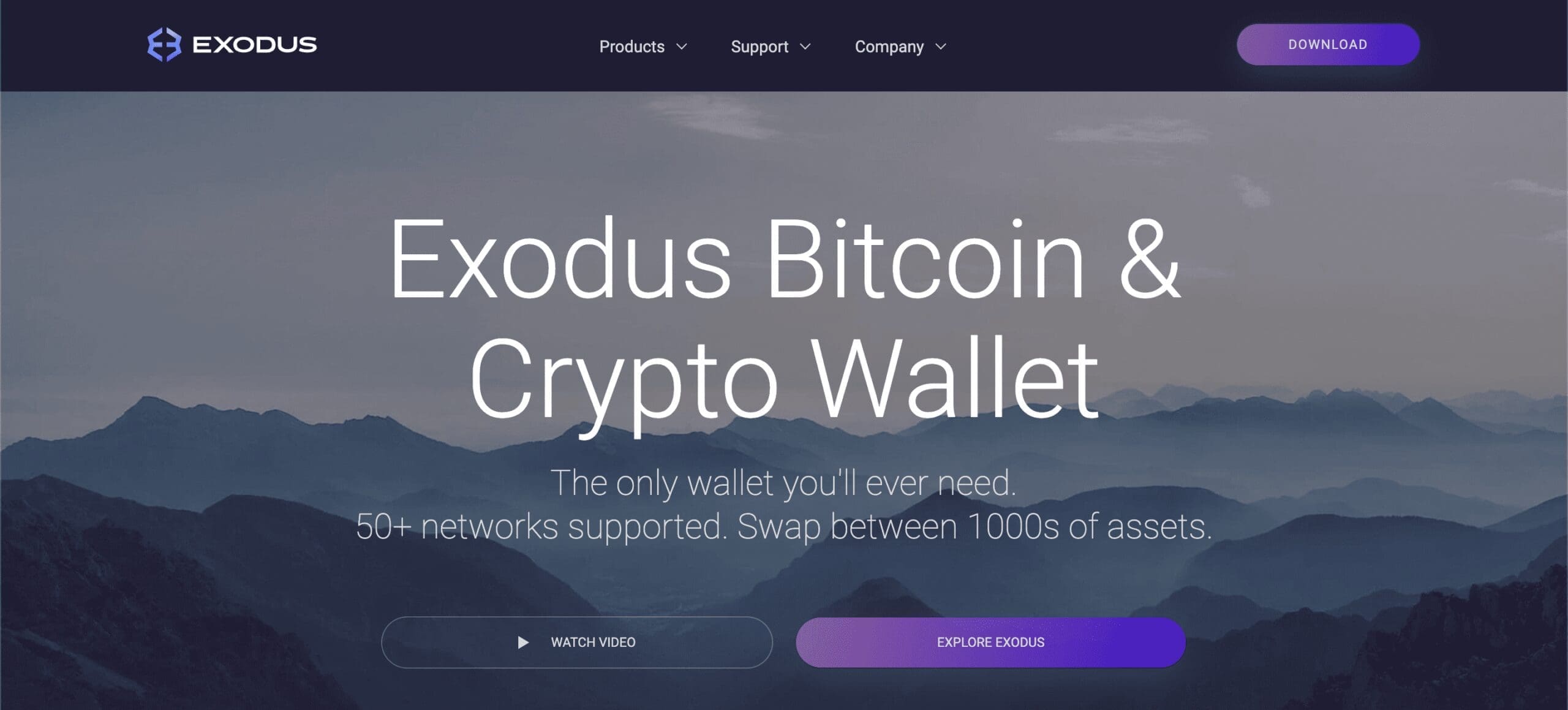


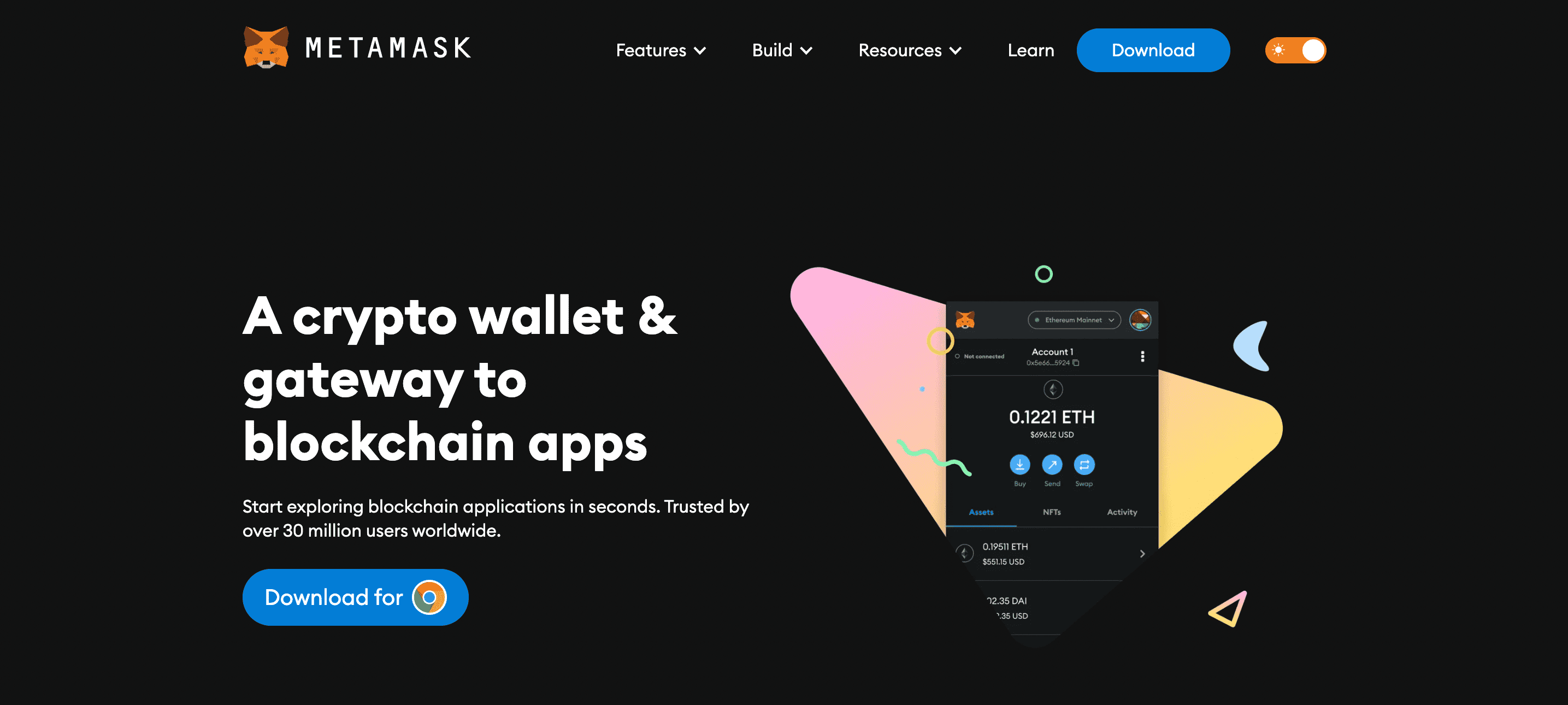
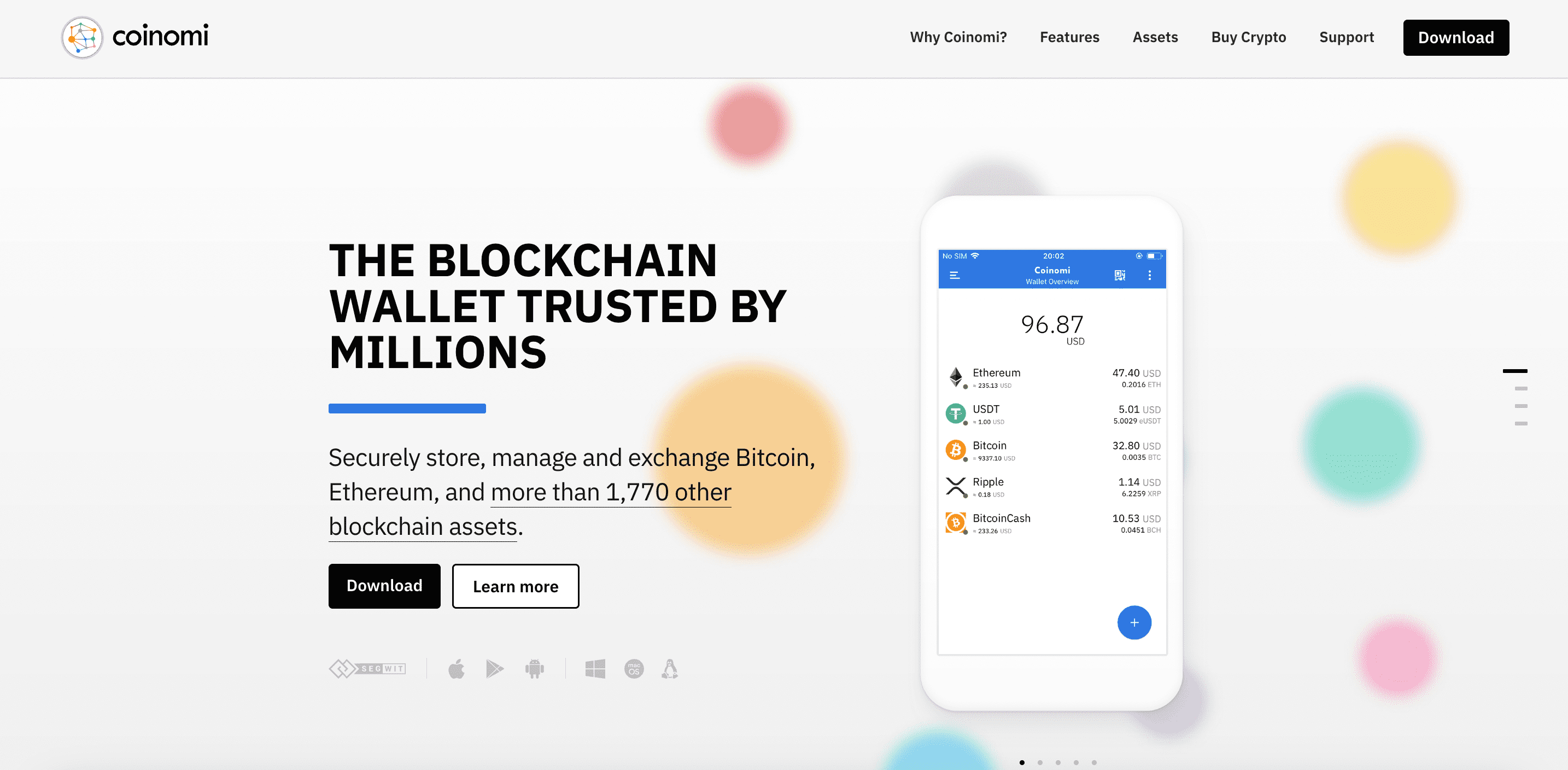


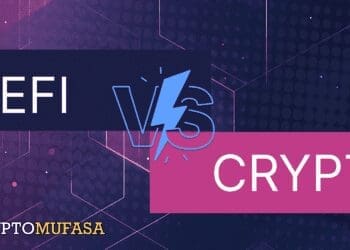






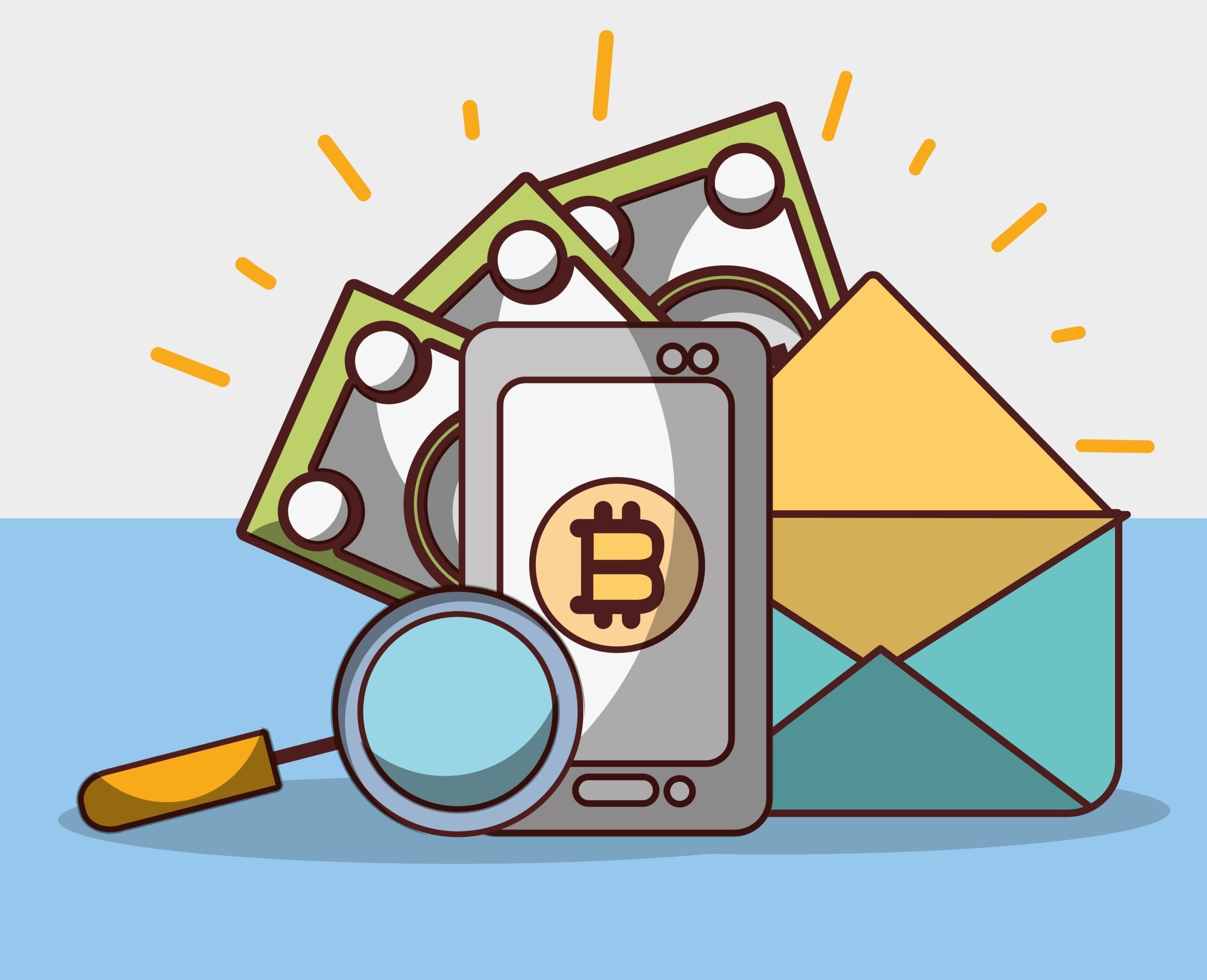
Discussion about this post